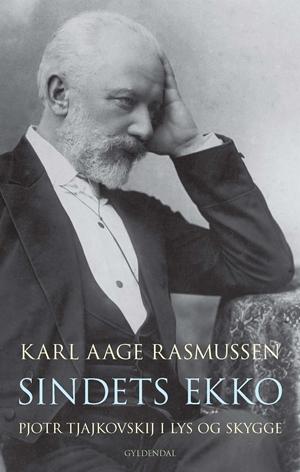
An echo of the soul
Pjotr Tchaikovsky in light and darkness
Pyotr Tchaikovsky was among the most significant creative artists to grow out of 19th century Russia and is surely among the greatest Russian composers of all time. Tchaikovsky composed some of the most beloved works in the history of classical music, his Third Piano Concerto, the opera Eugen Onegin (Yevgeny Onjegin), and ballets such as Swan Lake and The Nutcracker. And his last three symphonies are in the standard repertoire of orchestras worldwide. But his rank was not always acknowledged. Some used to se him as a second rate artist, a deviant man, a tormented, depressed melancholic who easily succumbed to sentimentality, sweetish banalities or depressive blackness. The book is in search of a totally different Tchaikovsky, a warm-hearted, helpful, self-ironic man who tamed his inner demons and came to terms with mental fragility and a sense of being different, but using this to widen and refine his unique creativity. The title is borrowed from an answer Tchaikovsky sent to a friend who had criticized certain aspects of his Fourth Symphony: "There is not a single phrase which is not (…) an echo of my soul".




















